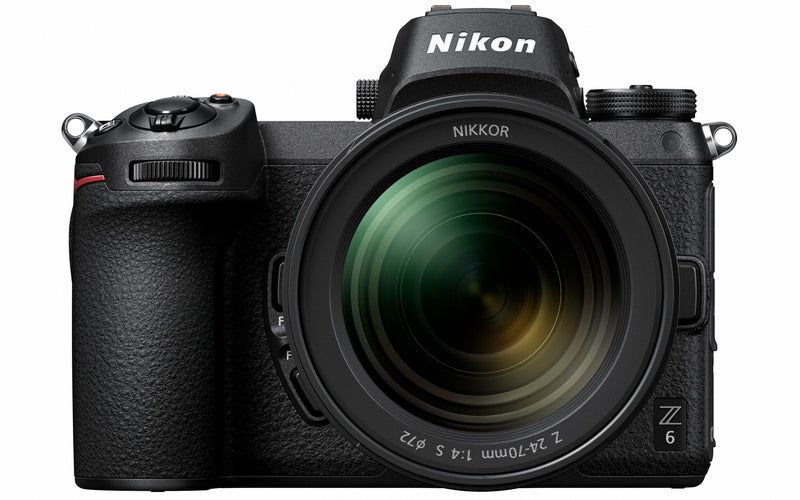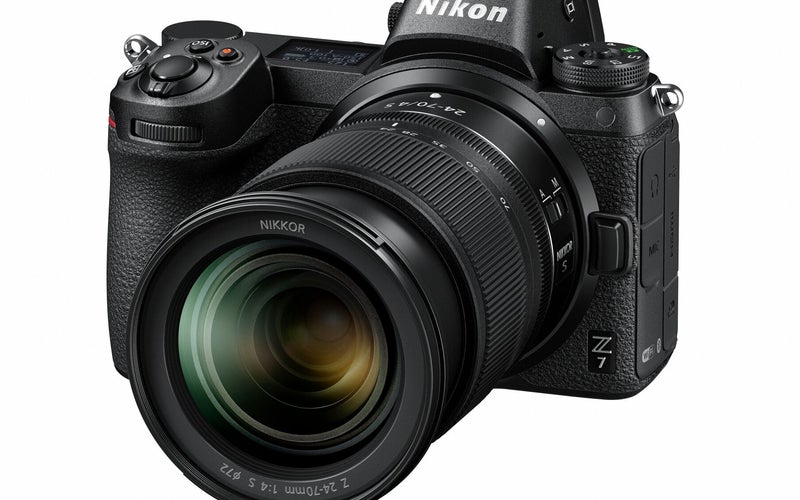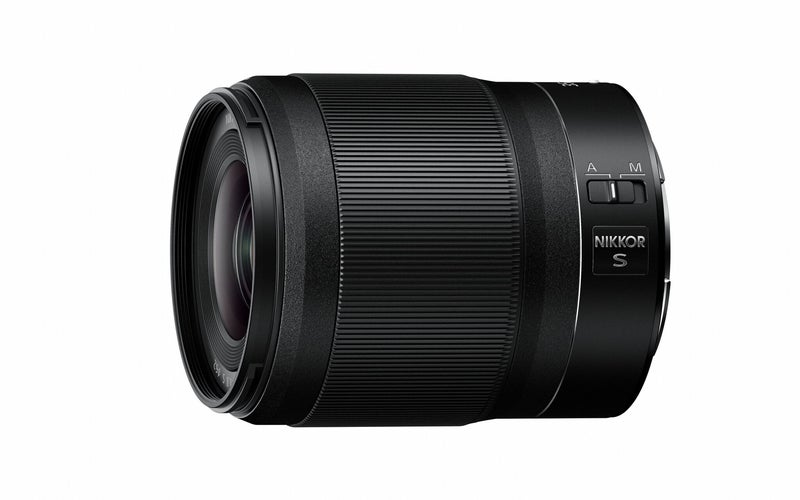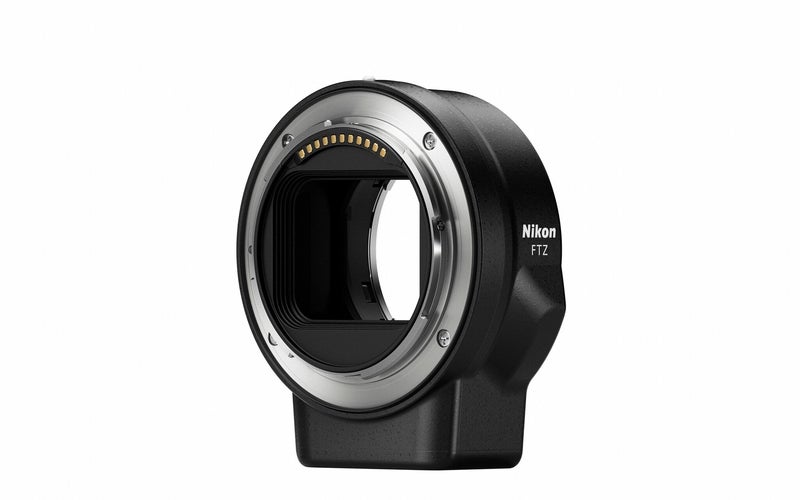Nikon’s Z6 and Z7 full-frame mirrorless cameras: Everything you need to know
Nikon finally jumps into full-frame mirrorless.
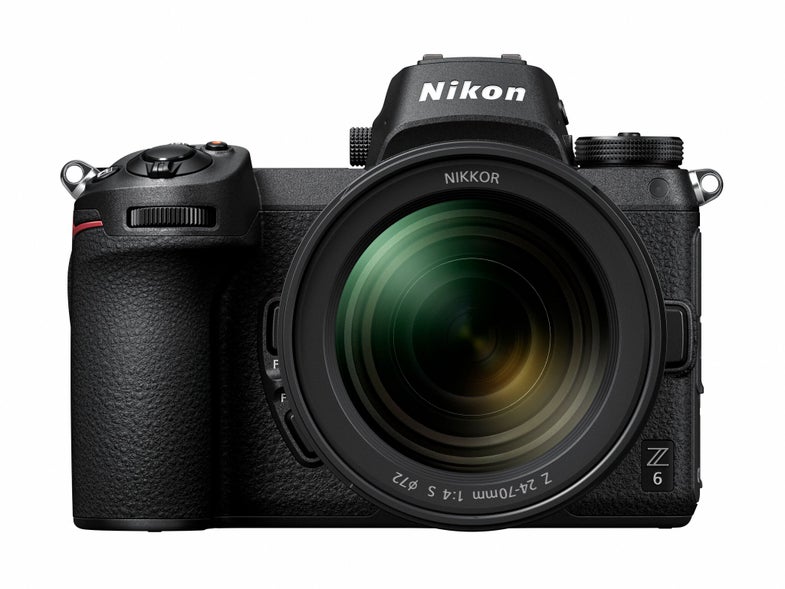
We may earn revenue from the products available on this page and participate in affiliate programs. Learn more ›
Nikon
UPDATE: Nikon has announced pricing and availability for the Z6. The camera will be available Nov. 16, nationwide for $2,599.95 with the NIKKOR Z 24-70 F/4 lens and $1,999.95 for body only.
After months of rumors and weeks of teasing from Nikon, one of the world’s biggest DSLR makers has finally introduced its first pro-grade, full-frame mirrorless cameras. The Z6 and the Z7 collectively represent a huge step for Nikon, which previously only offered its 1-series mirrorless cameras, which had a relatively tiny 1-inch sensor. The Z-series, however, is clearly aimed at high-end enthusiasts and even professionals, especially since the camera was built to easily adapt the company’s huge selection of existing F-mount lenses.
Here’s everything you need to know at a glance.
Sensor
- The Z6 uses a 24.5-megapixel full-frame sensor with a maximum ISO of 51,200.
- The Z7 has a 45.7-megapixel full-frame sensor with a maximum ISO of 25,600.
- The Z6 has a low-pass filter to combat moire, but the Z7 does not to maximize detail.
- Sensor-based image stabilization adds vibration reduction to any lens attached.
Design
- Both cameras are identical in terms of design, size, and layout.
- Weight checks in around 1.5 pounds.
- The lens mount is 55mm wide and has a 16mm flange distance, which accepts Nikon F lenses with a $250 adapter.
- Weather-sealed body takes aim at Sony’s A7, which isn’t as rugged.
- A single XQD memory card slot replaces SD.
Autofocus
- Both cameras use a hybrid AF system with phase detection AF pixels on the sensor.
- The Z6 has 273 focus points, while the Z7 has 493.
Displays
- The eyepiece has a 3.69 million dot OLED display with 100 percent coverage of the frame.
- The main display is a 3.2-inch touchscreen with 2.1 million pixels.
Lenses
- New lenses will use the new Z mount.
- There are three lenses at launch: 35mm F/1.8 S, 50mm f/1.8 S, and 24-70mm f/4 S
- The $250 adapter will attach older Nikon F lenses. It will be $150 as part of a bundle until early 2019.
Pricing
- The Z6 will cost $1,995 alone or $2,599 with the 24-70mm lens.
- The Z7 will cost $3,395 alone or $3,999 with the zoom lens.
On paper, the new cameras should give Nikon users a lot of what they wanted. The cameras are compact, but not cramped, and the sensor options make sense. The Z6 seems like a great all-around camera at under $2,000 for the body.
One quirk, however is the memory card configuration. The move to XQD is curious since SD is so cheap and widely available, but choosing a single slot configuration instead of a pair is more troubling. Most professionals prefer to shoot a pair of cards at once so they have a real-time backup of their work in case of memory card catastrophe.
We’re looking forward to getting hands-on time with the new cameras soon.
Nikon
Nikon
Related: Hands on with the new 45.7 megapixel Nikon Z7 mirrorless camera
Nikon
